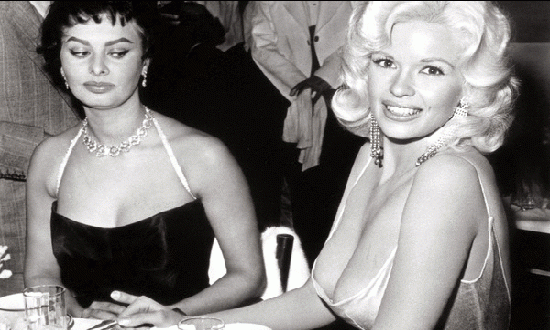John Ostrander: You/Not You
One of the interesting facets of talking about writing is the contradictions you find in the craft. For example: All your characters are you. All your characters are not you.
All of your characters are you.
Every character you write must have some of you in it. All of them. Not just the ones you like to identify with. All of them. The large and the small, the good and the bad, male and female, no matter what age, race, or nationality. If you’re going to write honestly about the character, you must be in the mix.
This can get uncomfortable. Once, when I was writing a white supremacist in an early issue of Suicide Squad, I had to look into myself and ask, “What in me is like this man?” Look, I’m an aging white guy; there’s going to be something there. No matter how much I’ve worked at freeing myself from that, and I have, there’s going to be something there.
I found it. It’s not enough to understand such a character’s point of view; it’s necessary to find what is in you that is like that. However much I dislike that aspect of myself, it is there to some degree and it can be used. It was.
We all have multitudes within us. We are slightly different people depending on who we are with; with our parents we’re slightly different than we are with our siblings than we are with our friends than we are with our lovers and partners. Each of them know a slightly different aspect of us. That’s one of the purposes of supporting characters; they bring out different aspects of the protagonist.
We play so many different parts in our own lives on a daily basis, we should be able to find some aspect of ourselves – good or bad, laudable or disreputable – that will allow us to identify, to be, the character that we are writing.
I’ve often said that writing dialogue between several characters is the writer having conversations with his/herself. We are all our characters.
All of your characters are not you.
You have to have some perspective on the characters that you write and that requires some distance. The differences are important.
There is, mostly in fandom, a form of criticism pertaining to a “Mary Sue” (among female characters) or a “Larry Stu” (among male). Generally, it means a character is an idealized and unrealistic version of the author. For the most part I dislike the term; it’s too easy, too lazy, and too pat a critique. The person using it generally only has to accuse the author of either having a Mary Sue or Larry Stu and that’s it; no further discussion is needed or, often, allowed. The accusation is made. End of story.
However, as with most stereotypes and clichés, there is a germ of truth. A good character can be very seductive. Few people believe themselves to be evil; even Shakespeare’s Richard III, who describes himself as a villain, believes he has a right to do what he is doing. I met someone once who believed that if he could take something that you thought was yours, he was within his rights to do so. “You only have a right to what you can hold onto,” he would claim. Not someone I wanted to spend any time with, but an interesting idea for a character.
I saw a TV interview with a guy who was doing time because he was a hired killer for the Mob. Coldest son of a bitch I’ve ever seen. Literally would just as soon kill you as look at you. “My life doesn’t matter to me, so why should yours?” was what he said. Again, not a person I would ever want to meet, but it became part of my core concept for my version of Deadshot in the Squad. Lawton doesn’t have a death wish; he just doesn’t care if he dies – or if you do.
The whole “You are your character/you are not your character” thing is a dichotomy and that’s fine by me. I think that most often you find the truth in contradictions. It’s what Del Close taught in his Second City and iO improv classes. Del held this contradiction as a rule: it’s not either/or; it’s and/both.
Finally, don’t try to reconcile or explain the contradictions. State them and trust to your reader to dope it out. Do your job right and the reader will think that the character is them… and not them.













